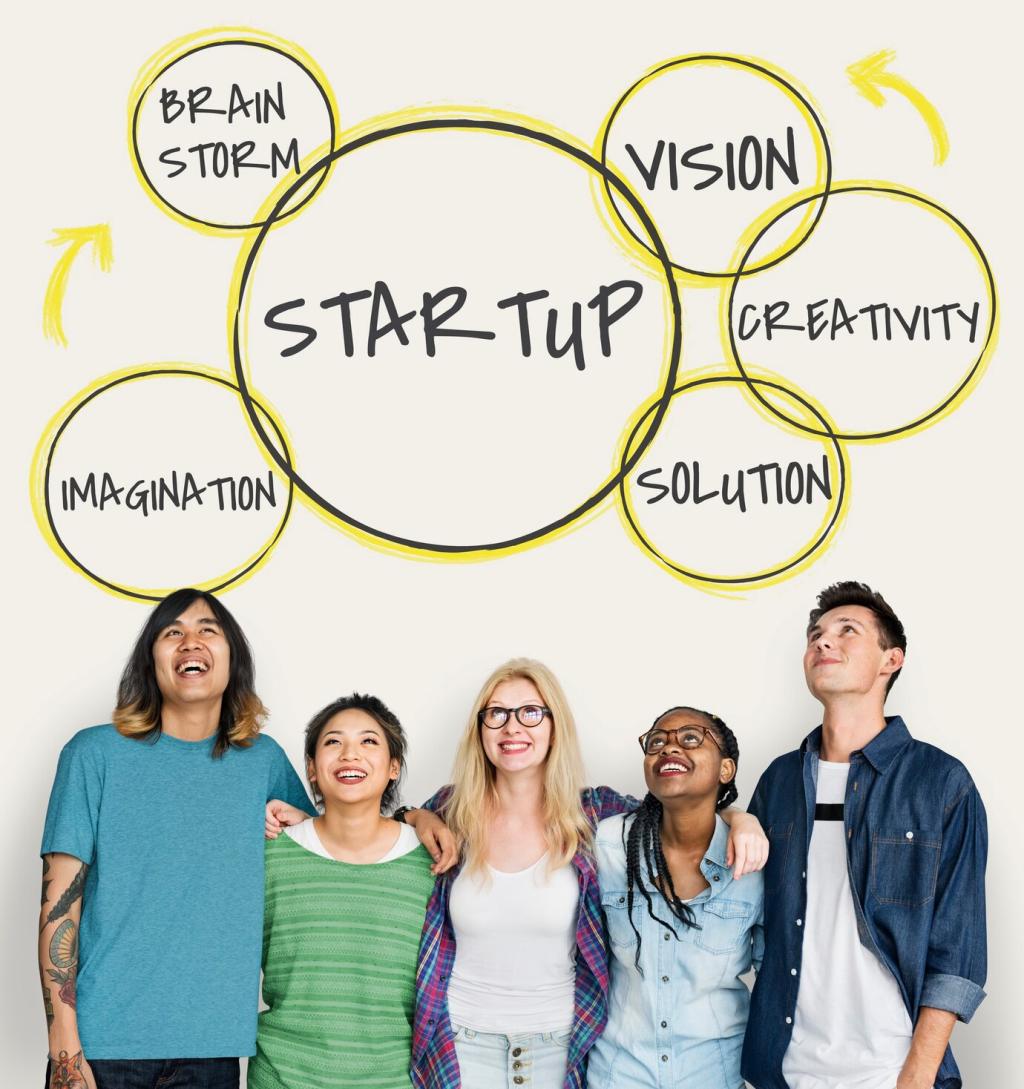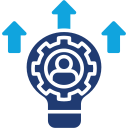Key Digital Competencies for Workforce Success
Chosen theme: Key Digital Competencies for Workforce Success. Build the essential skills that power modern careers, from data fluency to cybersecurity hygiene, and join a community committed to lifelong digital growth—subscribe, comment, and shape the conversation together.

Digital Literacy Foundations

Navigating the Core Productivity Stack
From spreadsheets to cloud documents, mastery starts with consistent practice and curiosity. Think of shortcuts, templates, and version control as invisible co-workers that multiply your output. Share your favorite productivity tip below and inspire someone’s next breakthrough.

Search Mastery and Credible Sources
Powerful search operators, critical reading, and source triangulation save hours and prevent costly mistakes. A colleague once avoided a misguided decision by verifying a viral claim through three credible databases. Comment with tools you trust for reliable research.

Mindset: Experiment, Reflect, Adapt
Digital literacy grows when you experiment without fear, reflect on outcomes, and adapt processes. Create small weekly challenges: automate a step, test a feature, or refine a template. Subscribe for micro-challenges that turn everyday tasks into scalable routines.
From Raw Data to Clear Insight
A simple cleanup—naming conventions, consistent formats, and clear labels—can transform chaos into clarity. Mia, a project manager, cut reporting time in half after standardizing fields and building a reusable dashboard. What fields would you standardize first?
Visualizations that Tell the Truth
Charts should spotlight context, not distort it. Choose scales carefully, annotate assumptions, and show trends with responsible color. Add a small ‘What this means’ section under your graph to guide action. Share your favorite chart type and why it works.
Stories that Move Stakeholders
Pair one compelling insight with a concise narrative and a next step. Instead of twenty metrics, highlight three that matter now. Invite engagement: ask, “What would change if this trend doubled?” Subscribe to get weekly prompts for stakeholder-ready insights.
Cybersecurity Hygiene for Everyone
Swap recycled passwords for strong passphrases managed by a trusted tool. Enable multifactor authentication where possible. A teammate once avoided an account takeover simply because their second factor interrupted the attack. Comment if you’ve tried passkeys and what changed.


Not every message needs a meeting. Use chats for quick clarifications, docs for decisions, and video for alignment. A simple ‘channel charter’ reduces noise and speeds outcomes. What’s your rule for when to move a thread to a call?

Create living documents with clear owners, timestamps, and decision logs. A small habit—summarizing the ‘why’ under decisions—prevented costly reversals on one global project. Encourage comments, not email chains. Subscribe for templates to start your team wiki today.

Schedule with empathy, label deadlines with time zones, and try meeting-light weeks. A team once saved hours by adopting a ‘response window’ instead of instant replies. Comment with your favorite norm that keeps collaboration sustainable and humane.
Digital Communication and Personal Brand
Front-load the point, trim fluff, and format for skimmability. Use short paragraphs and purposeful headings. A product lead gained faster approvals by adding a one-sentence summary atop every proposal. Share your go-to phrase for a crisp call to action.


Digital Communication and Personal Brand
Tell a problem-solution-impact story, keep slides lean, and rehearse with a timer. One engineer recorded a quick demo instead of scheduling another meeting—and unlocked instant cross-team adoption. Subscribe for a three-part storyboard worksheet that clarifies your message.
Continuous Learning and Career Agility
Design Your Learning Sprints
Pick a skill, define a small outcome, and block ninety minutes weekly. Track progress in a visible place. One reader learned automation by scripting a repetitive task, saving hours monthly. Share the micro-skill you’ll sprint on for the next two weeks.
Peer Feedback as a Force Multiplier
Invite peers to review your artifacts—dashboards, emails, decks—against a simple rubric. Friendly critique shortens learning curves dramatically. Form a two-person accountability loop and meet briefly each Friday. Subscribe to get a feedback rubric you can customize instantly.
Mapping Skills to Opportunity
Scan job boards and internal postings to identify recurring tools and competencies. Build a skills-to-project map and volunteer for stretch tasks. A marketer pivoted into analytics after leading a small A/B test series. Comment where you see your next stretch project.
